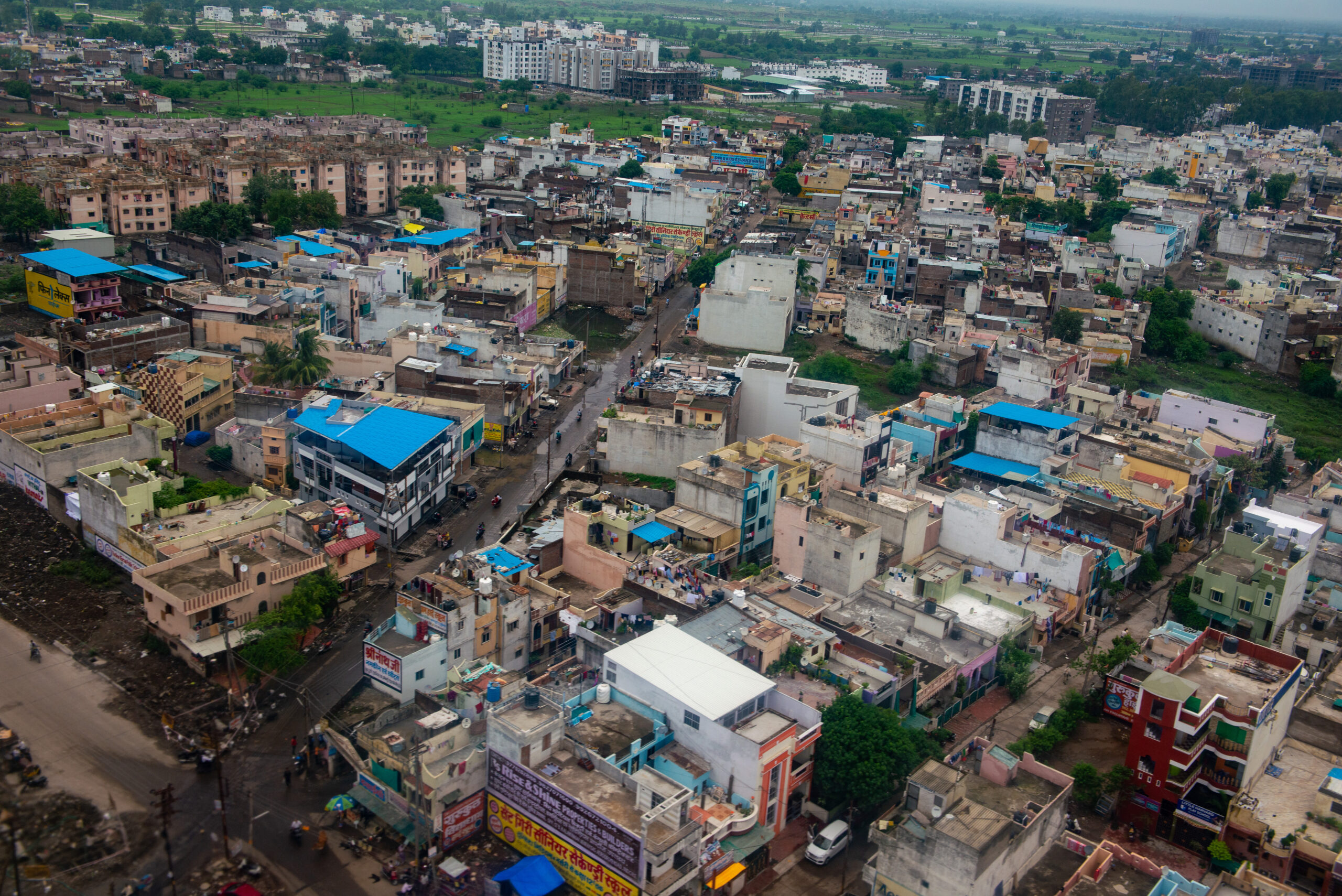News roundup: Increasing property prices in India’s Tier 2 cities, plus more updates

For PropertyGuru’s real estate news roundup, residential prices in India’s Tier 2 cities are increasing, narrowing the gap in property prices between Tier 2 cities and their metropolitan counterparts. In other stories, Vietnam drafts decrees to enforce the 2023 Law on Housing and 2023 Law on Real Estate Business, and Guangzhou plus two other first-tier cities in China eases property rules to boost their flagging property sectors.
The Tier 2 cities growth story: Rising residential prices in India
The expansion of India’s real estate industry is no longer confined to major urban hubs but extends to Tier 2 cities, which are now assuming a pivotal role in shaping industry growth. These cities are becoming major contributors to overall development, spurred by various factors such as policy reforms, enhanced transportation links, and the influx of domestic and international businesses. The surge in interest is reshaping the real estate narrative, challenging the long-standing dominance of the top-eight cities and ushering in a new era of decentralization and expansion.
One of the most compelling indicators of this paradigm shift is the substantial increase in property prices within prime micro-markets of Tier 2 cities.
Market analyses in Housing.com reveal a noteworthy double-digit growth ranging from 10 percent to 15 percent, narrowing the gap in property prices between Tier 2 cities and their metropolitan counterparts. This trend underscores a fundamental re-evaluation of investment potential and economic viability beyond the traditional urban centres.
Decrees to facilitate enforcement of laws on Vietnam housing, real estate
Vietnam Deputy Prime Minister Tran Hong Ha chaired a hybrid conference on 21st May to discuss some draft decrees on the enforcement of the 2023 Law on Housing and 2023 Law on Real Estate Business.
Ha asked the Ministry of Construction (MoC), which drafts the decrees, to clarify the new contents and policies in the two laws while continuing to collect opinions from localities, associations, and enterprises to thoroughly deal with difficulties and obstacles to ensure the smooth implementation once the decrees are issued.
VietnamPlus reports that the MoC was also demanded to work with the Ministry of Finance, the Ministry of Natural Resources and Environment, the Ministry of Planning and Investment, the Ministry of National Defence, the Ministry of Public Security, and the State Bank of Vietnam to work out a plan on settling debatable issues to guarantee the decrees’ consistency with related laws.
Guangzhou property buyers, agents snag deals as city eases measures to boost flagging sector
She had been searching for a new home in Guangzhou for her newlywed son for the last five months. On Wednesday, 28th May, when retired university lecturer Lucy Wang heard the news that the city would significantly ease property measures, she knew it was time to take the plunge.
“I have been wanting to buy a new property here, just waiting for a policy update,” Ms Wang, 66, told CNA. “With the downpayment almost halved and a lower loan interest rate, I do not need to hesitate,” declared the Shenzhen resident, who already has one property in her son’s name in Guangzhou.
Seeking to boost their flagging property sectors, three of China’s first-tier cities – Guangzhou, Shanghai, and Shenzhen – further eased property rules this week. The southern cities of Guangzhou and Shenzhen eased measures on 29th May, a day after Shanghai.
The Property Report editors wrote this article. For more information, email: [email protected].
Recommended
Why everyone is moving to Selangor and Johor: Malaysia’s real estate comeback
Malaysia’s upturn in fortunes is especially prevalent in secondary destinations such as Selangor and Johor
Penang’s silicon boom: How the US-China tech war is supercharging local real estate
Penang’s booming semiconductor industry has created ripples within the local real estate sector
New leader, new opportunities: How Hun Manet is shaking up Cambodia’s real estate game
Hun Manet is overseeing decent economic growth and widening access to the country’s real estate market for foreigners
Singapore embraces inclusive housing reforms amid resilient demand
The Lion City’s regulatory strength continues to exert appeal for international investors








